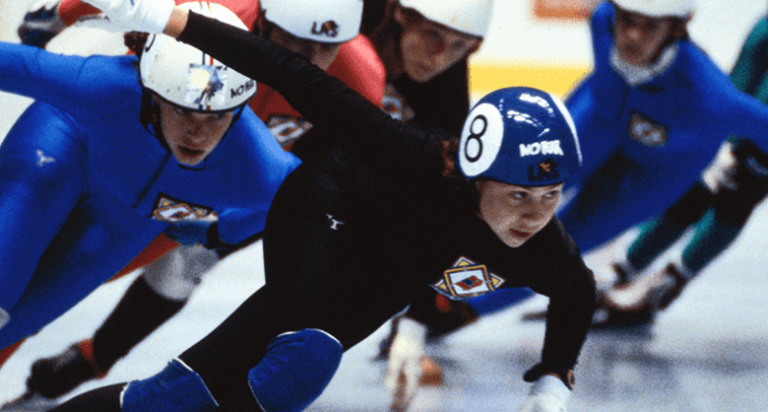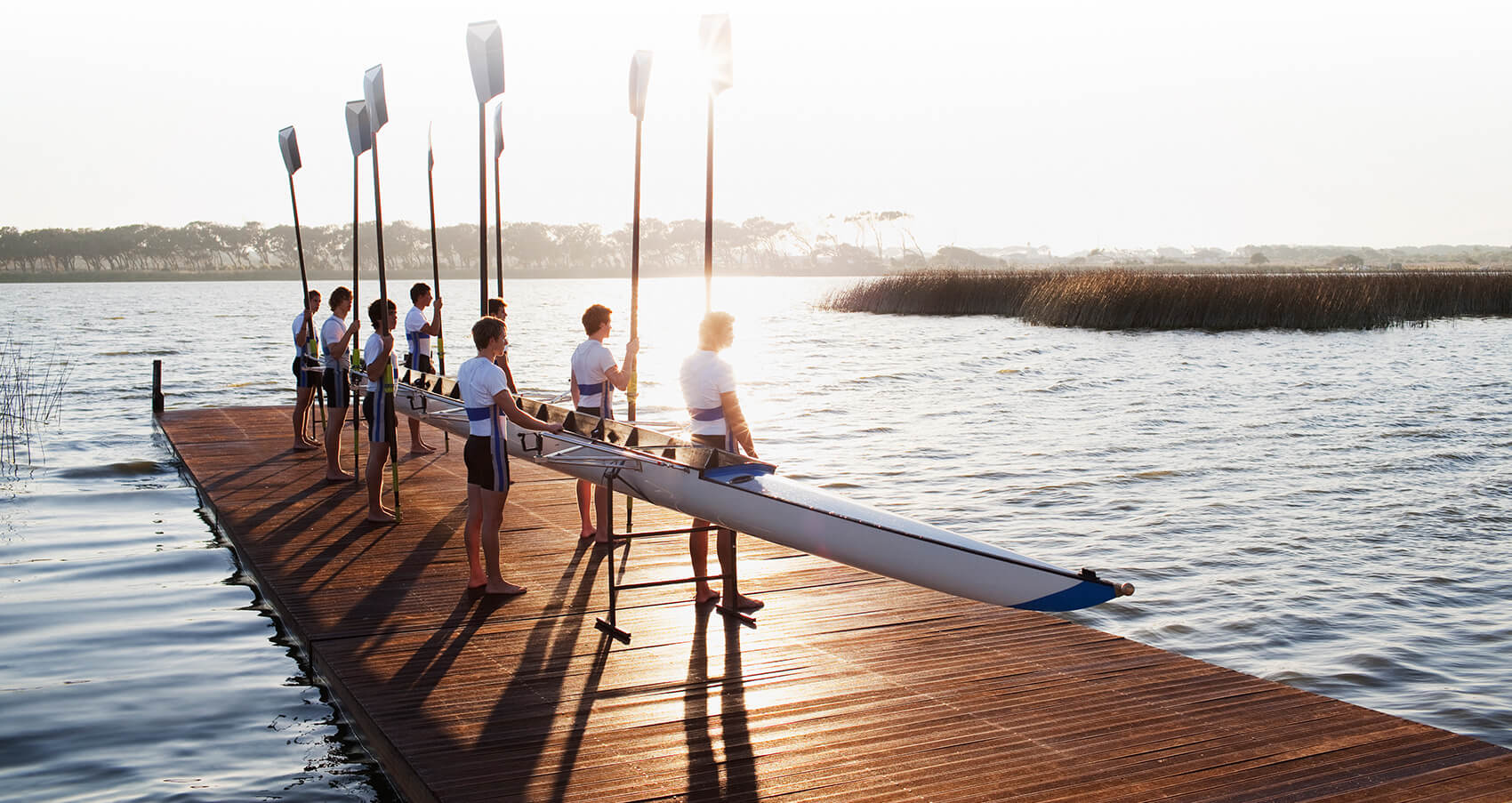How it Works
For
Athletes

Athletes of all ages should know the MAAPP is critical to keeping young athletes safe, supported, and strengthened. Athletes over age 18 have more responsibilities—to state and federal law, and to their organization if they have adopted the MAAPP—than minors do, and their proactive awareness plays a key role in supporting athlete safety.
Who Does the MAAPP Apply To?
Adult Participants in the U.S. Olympic and Paralympic Movement with regular contact with or authority over Minor Athletes. If you are outside the Movement, check with your coach or organization liaison to learn if the MAAPP applies to you.
When Does the MAAPP Apply?
When there is “in-program contact,” meaning these three conditions exist: An Adult Participant, a Minor Athlete, and contact or activity related to sport participation.
What adult athletes Should Know
The below guidance is recommended of all adult athletes but required of certain U.S. Olympic and Paralympic affiliated adults.
Exceptions exist. Learn more here and see page 16.
1
Your one-on-one interactions with Minor Athletes must be observable and interruptible.
2
If you know or suspect child abuse, you are required to report it to law enforcement and the Center, and to follow any additional state law requirements.
3
If you are no more than four years older than a Minor Athlete and do not have authority or control over them (as a coach would), your one-on-one interactions with them do not always have to be observable and interruptible in practice and training, electronic communications, changing and showering in locker rooms/changing areas, transportation, and lodging.
4
If you have regular contact with or authority over Minor Athletes, you must take annual abuse prevention training.

Get Trained
We offer free live virtual MAAPP trainings tailored for adult athletes, as well as more than a dozen abuse prevention courses at safesporttrained.org.
